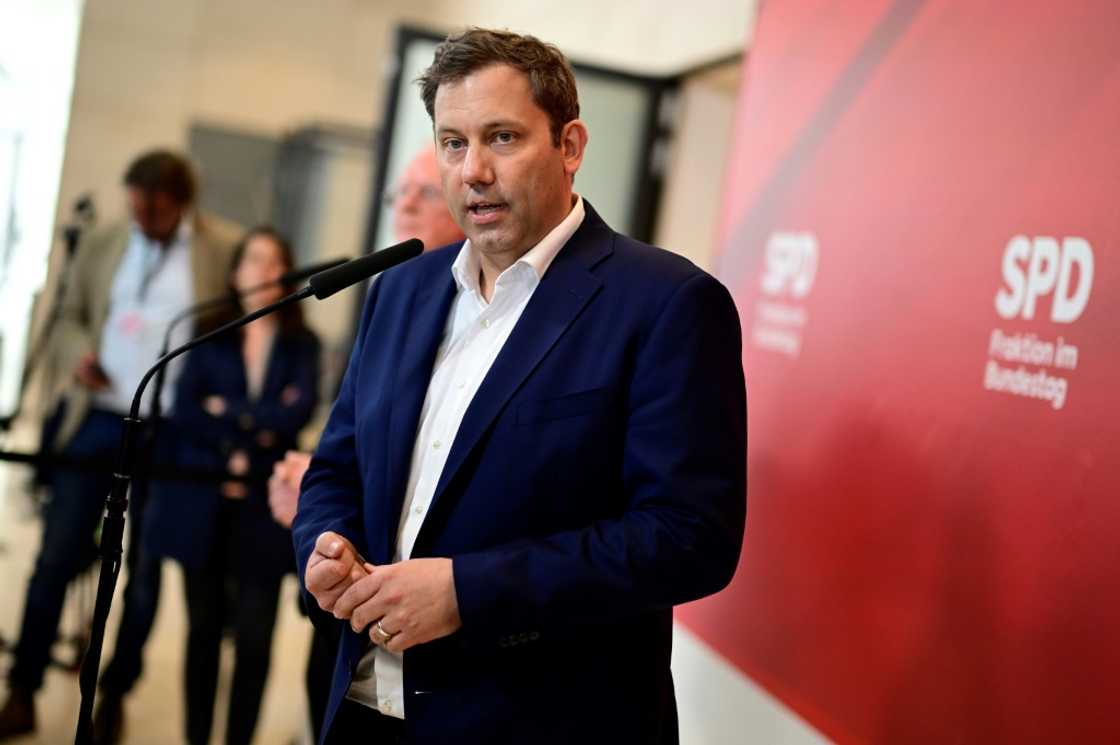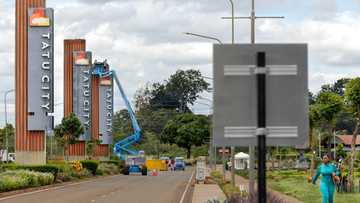New German finance minister says 'no time to lose'

Source: AFP
Germany's new Finance Minister Lars Klingbeil said Wednesday there was "no time to lose" to jump-start Europe's beleaguered top economy, even as hardline US trade policies complicate his task.
Klingbeil of the centre-left Social Democrats (SPD), the junior partners in Chancellor Friedrich Merz's coalition, inherits an economy that has been mired in recession for the past two years.
"We want to spur growth," the politician told a news conference, after officially taking over the key post from predecessor Joerg Kukies.
"We want to show that we in Germany are a safe harbour -- we are a country in which it pays to invest."
US President Donald Trump's hardball, volatile tariff onslaught has upended the global economic order, and has dampened hopes of a recovery in export power Germany.
Klingbeil, who is also vice-chancellor, acknowledged that reviving the German economy was even more challenging given "what is happening right now in the United States, as well as other parts of the world".
But he said a planned 500-billion-euro ($570-billion) infrastructure fund, which recently won parliamentary approval, would send a positive signal.
Money from the fund could help to "keep our industry in this country" and "attract new sectors", Klingbeil said, adding it was also important to look at lowering energy prices and slashing bureaucracy.
Critics say Germany's deteriorating infrastructure, from creaking trains to crumbling bridges, is holding back the economy, and has been caused by years of chronic under-investment.
Klingbeil also said that he would speak with European finance ministers Wednesday and that a key challenge would be finding ways of boosting investment using EU institutions.
Meanwhile Katherina Reiche, Germany's new economy and energy minister, said cheap power was a priority, in a potential break from the more climate-conscious course of her predecessor.
Speaking at a press conference as she took up her role, Reiche said renewable sources like wind and solar had allowed Germany to progress towards its environmental goals.
"But they are not enough to provide reliable electricity at affordable prices year-round," she said, adding that Germany "had to get control over costs."
Reiche, from Merz's conservative CDU party, takes over the economy ministry from the Green party's Robert Habeck. Her portfolio is now named "economy and energy", whereas Habeck had been "economy and climate" minister.
High energy costs, triggered in part by Russia invading Ukraine in 2022, have hit Germany's crucial manufacturers hard in recent years.
Source: AFP



